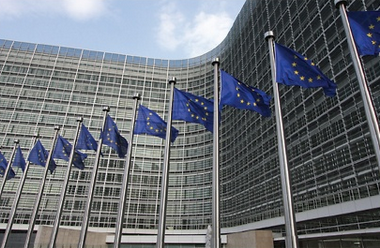Future European stress tests of the pension sector are set to examine climate-related risks, following a recommendation by the European Systemic Risk Board (ESRB).
Pension funds could also face upper limits on their exposure to high-risk carbon assets, if regulation were adapted in the wake of any stress test results, the board said.
The ESRB examined the potential risk resulting from a late low-carbon transition, arguing that belated awareness of the importance of reducing emissions could see an “abrupt” introduction of constraints on the use of high-carbon energy sources.
It also suggested that such a shift would increase systemic risks due to the decline in value of carbon-intensive assets and the impact of sudden changes in energy usage.
As a result, the report – ‘Too late, too sudden: Transition to a low-carbon economy and systemic risk’ – proposed that future stress testing of the financial sector by the European Supervisory Authorities, such as the European Insurance and Occupational Pensions Authority (EIOPA), incorporate the risk of its ‘hard landing’ scenario.
“In particular,” the report adds, “the ESRB macroeconomic scenario [drafted for future stress tests] could incorporate an upward shock in the price of non-renewable energy sources, causing a negative impact on aggregate demand while at the same time ‘turning off’ any positive balance-sheet effects for energy producers and accounting for country specificities.”
It also suggests that dedicated carbon stress tests could be conducted to determine the most important systemic risks
As a way of dealing with the risks associated with carbon emissions, the board suggested investors subject to capital charges could see tailored capital surcharges based on the carbon intensity of their holdings, or that there could be upper limits on assets “highly vulnerable” to a rapid transition.
EIOPA’s inaugural pension fund stress test exposed the defined benefit sector to two scenarios, including one looking at the impact of a commodities shock.
The supervisor’s chairman, Gabriel Bernardino, said it planned to conduct further stress tests in two years, allowing the ESRB to devise its next potential scenario in 2017.









